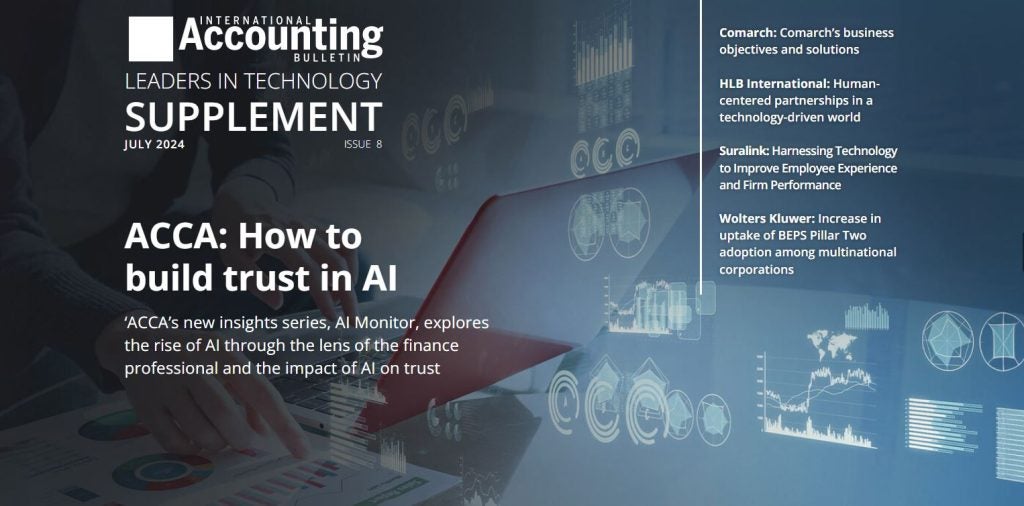
Roughly 1 in 4 finance workers struggle to get accurate data when they need it, while 1 in 5 say that their days are often disrupted by “small tasks that take a long time to complete”. Those are just some of the findings of a recent survey by enterprise software provider Advanced, who sought feedback from 5,000 business decision-makers on the issues and challenges they face.
- Roughly 10% of financiers felt that their existing systems were no longer fit for purpose – rising to 13% of those working at organisations employing 1,000 or more staff.
- 85% are currently working more hours each week than they should be, with around 40% saying that they could not complete the amount of work they are given any other way.
- Failing to adopt finance automation opportunities, reducing the workload of employees, could result in a wellbeing crisis for many.
Accounting and finance software that utilises AI and machine learning to reconcile data, prepare reports and maintain spreadsheets has existed for years, but a third of senior leaders surveyed say they still have no plans to adopt it.
“Artificial Intelligence is disrupting finance, but in a profoundly helpful way,” says Nadine Sutton, Principal Product Manager at Advanced Financials. “It’s easy to get caught up in the supposed negative connotations of Artificial Intelligence, such as that it’s a threat to jobs. However, AI provides a way to reduce the workload surrounding traditional accounting activities, such as transaction processing, auditing, reporting, and maintaining compliance.
Besides reducing workload for employees, finance automation can give people the chance to focus on compelling, rewarding, and value-adding work.
“It’s important for CFOs to examine areas of inefficient resource use and ineffective processes, so they can identify more finance automation opportunities. A new picture is emerging of a stronger, more strategic finance operation, enabled by new technologies, but still heavily dependent on skilled finance professionals.”
How well do you really know your competitors?
Access the most comprehensive Company Profiles on the market, powered by GlobalData. Save hours of research. Gain competitive edge.

Thank you!
Your download email will arrive shortly
Not ready to buy yet? Download a free sample
We are confident about the unique quality of our Company Profiles. However, we want you to make the most beneficial decision for your business, so we offer a free sample that you can download by submitting the below form
By GlobalData





